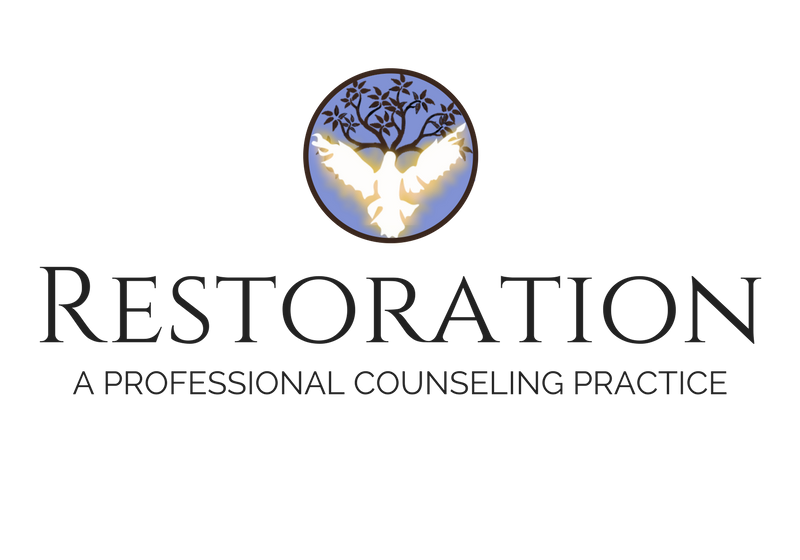Trauma & Complex Trauma
The word “trauma” is used to describe experiences or situations that are emotionally painful and distressing, and that overwhelm a person’s ability to cope, leaving them feeling powerless. Some people may have difficulty moving on with their lives. We can experience trauma from things that have happened to us as well as from what we did not receive but needed for healthy development, such as not having attachment or emotional bonding with a parent.
Trauma exists on a spectrum in terms of how you experience the intensity of the symptoms and how these symptoms impact an your ability to function. Immediately after the event, shock and denial are typical. Longer term reactions include unpredictable emotions, flashbacks, strained relationships and even physical symptoms like headaches or nausea.
Complex Trauma
Complex trauma is described by psychologist and trauma expert Dr. Christine Courtois, as “a type of trauma that occurs repeatedly and cumulatively, usually over a period of time and within specific relationships and contexts.” Examples include severe child abuse, domestic abuse, or multiple military deployments into dangerous locales. When you are exposed to multiple traumatic events, often of an invasive, interpersonal nature, the wide-ranging, long-term impact of this exposure is complex trauma. Criteria for complex trauma would be:
(1) repetitive, prolonged, or cumulative (2 ) most often interpersonal, involving direct harm, exploitation, and maltreatment including neglect/abandonment/antipathy by primary caregivers or other ostensibly responsible adults, and (3) often occur at developmentally vulnerable times in the victim's life, especially in early childhood or adolescence, but can also occur later in life and in conditions of vulnerability associated with disability/ disempowerment/dependency/age /infirmity, and so on.
These events are severe and pervasive, such as abuse or profound neglect. They can begin early in life and can disrupt many aspects of the child’s development and the very formation of a self. Since they often occur in the context of the child’s relationship with a caregiver, they interfere with the child’s ability to form a secure attachment bond. Many aspects of a child’s healthy physical and mental development rely on this primary source of safety and stability.
"I've never met a strong person with an easy past."
-Atticus
